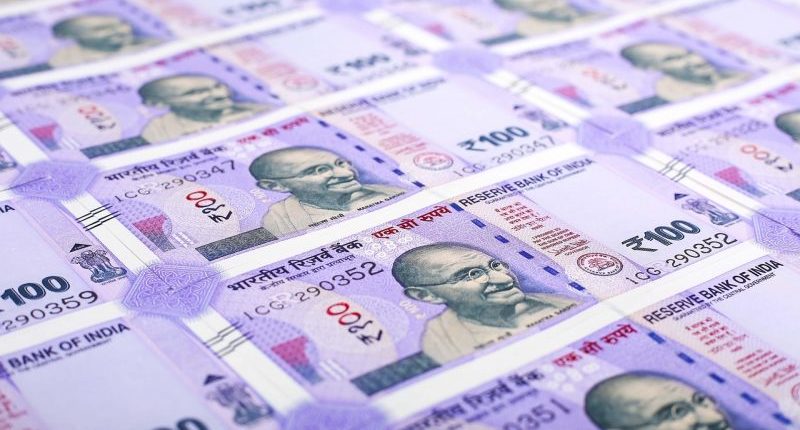The Supreme Court passed judgement on the loan moratorium case on Tuesday. It held that there could be no waiver of interest in the loans granted during the moratorium period. The judgment also stated that there would be no extension of the moratorium period given by the Reserve Bank of India (RBI).
The Supreme Court received petitions seeking interest waiver on payment of instalments of loans granted during the six-month moratorium period of March 2020 to August 2020. The petitions also sought for extension of the six-month moratorium period.
On 27 March 2020, the RBI issued a circular allowing banks and lending institutions to grant a moratorium on the payment of term loan instalments between 1 March 2020 and 31 May 2020 because of the country’s pandemic situation. Later, the RBI extended the moratorium period till 31 August 2020.
The RBI provided a moratorium on payment of instalments of term loans to ease the borrowers’ pain. The circular issued by the RBI allowed banks and other financial institutions to extend the moratorium on term loans. However, the moratorium was only for the deferral of EMIs and not the waiver of interest.
There were demands by the borrowers that the banks should waive off the interest amount during those six months and extend the moratorium period beyond six months. The banks refused the total waiver of interest as the cost would be huge. Thus, various trade associations, power sectors, and real estate sectors filed a batch of pleas seeking an extension of the term loans’ moratorium period and waivers of interest for six months because of the pandemic.
The government submitted to the Supreme Court that if it allows interest waiver on all loans and advances to all borrowers for the six-month moratorium period, then the inevitable amount would be more than Rs.6 lakh crore. If the banks had to bear this burden, it would wipe out a substantial part of their net worth affecting their survival. Thus, the RBI provided for deferred payment of instalments and not a waiver of interest.
The Supreme Court held that the complete interest waiver is impossible, and there will be no extension of the moratorium period. However, there will be no charge of a compound or penal interest for the six-month moratorium period. If any such compound or penal interest is collected, it will be adjusted in the next instalment payment. The borrowers will receive the compensation for interest-on-interest charged during the six months moratorium period.
The Supreme Court also stated that it could not interfere with the government’s decision of fixing priorities for relief during the pandemic that affected the whole country. The policy decisions must be left to the government, which is the authority to decide for adopting a policy after considering points from various angles. It also stated that the banks could start tagging NPAs (Non-Performing Assets) as NPAs.
The Supreme Court also noted that the government and RBI had taken various steps to help the borrowers overcome the COVID-19 situation. It stated that it is not correct to say that the government has not taken any steps to provide relief to the borrowers. The banks welcomed this judgment as it offers much-needed clarity on interest waiver and bad loan classification.
For any clarifications/feedback on the topic, please contact the writer at mayashree.acharya@cleartax.in

I am an Advocate by profession. I interpret laws and put them in simple words. I love to explore and try new things in life.





